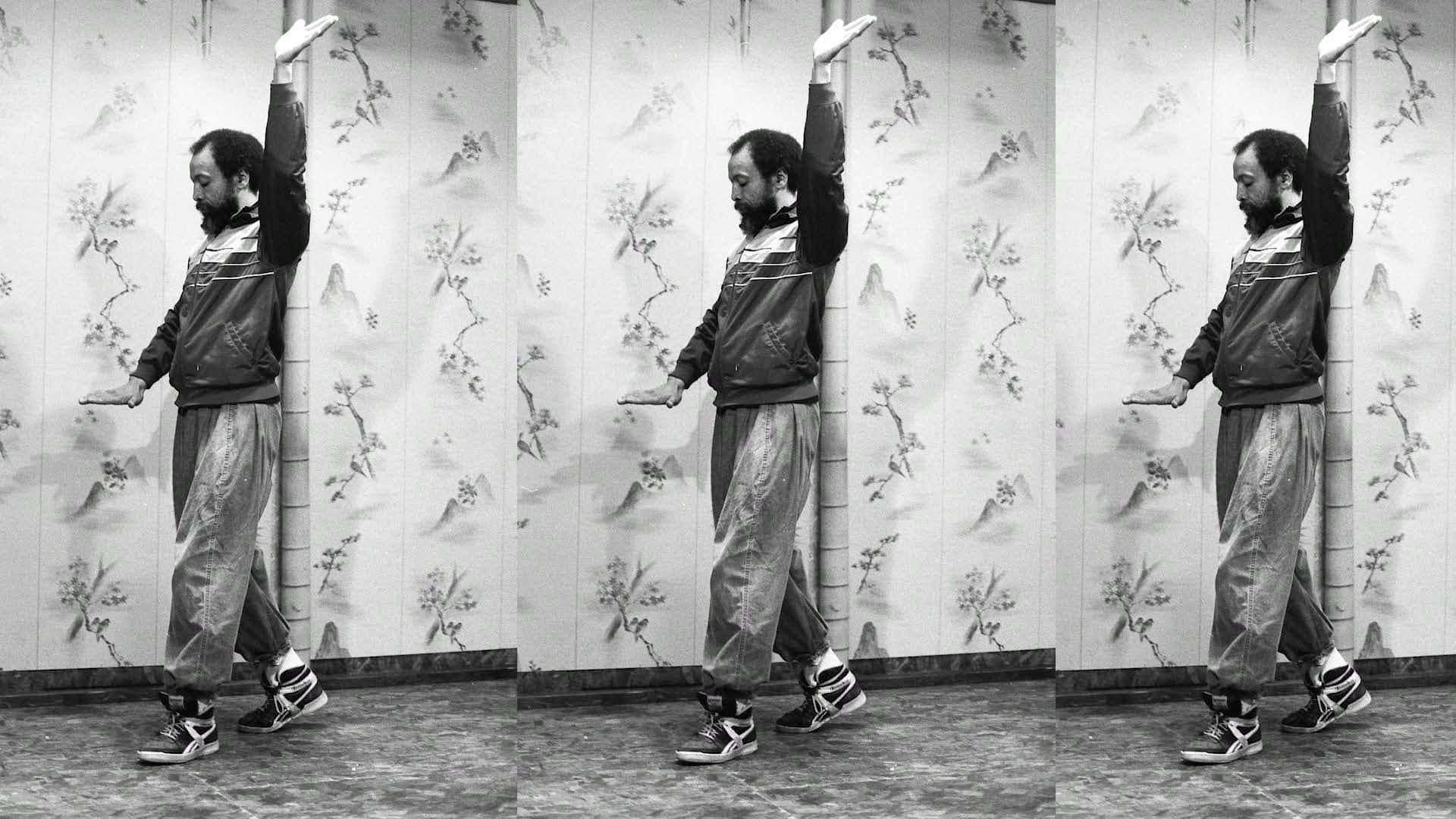RELATED ARTICLE
Jason Moran Journeys to the Dawn of Jazz Cinema
By Andrew Chan
The Criterion Collection

Throughout its cycle of concentric golden eras, stretching from the 1920s to the late ’70s, jazz was as stunning visually as it was aurally. The players’ self-imposed dress codes accented the hipness coded into the music, and the audiences were fashionable, too, fawning, and willing to train their ears to appreciate polyphonic riffing. On-screen, the vibrations coming off the instruments and the glinting metallics of horns and drum rims became pure cinema. The look in the players’ eyes and the cadence in their stances became an element of the jazz sound.
Because jazz was in many ways a portal into bohemian America, the films that document the music’s history capture indelible images of that complex milieu, a scene populated by mavericks, philistines, and scholars who thought of their capacity to memorize music trivia as something to show off at parties. The cultural practice of fetishizing every minute detail of a recording was ritualized in blindfold tests administered by the magazines Downbeat and Metronome, in which participants were invited to listen to a record and identify each instrumentalist they heard on it. This tradition set off feuds and rivalries, and reflected jazz culture’s push toward levels of fanaticism, passed off as sophistication, that some fans found baffling.
Free jazz grew out of these developments. A deeply experimental music, it dismantled the tonal and rhythmic conventions established by previous iterations of jazz—bebop, cool, and swing. Its radical spirit coincided with the calls for social, economic, and political revolution that defined American life in the midsixties and early seventies. For some, this new music was sacrilegious. Early jazz had translated the blues for middle-class sensibilities, but free jazz departed from the legible sounds of the past—sounds that no longer aligned with how musicians were feeling. Jazz artists were seeking a more personal style, and in this tumultuous era, the mode was by any means necessary. Though many of the players would not have admitted it to themselves at the time, they were falling back on a religious fervor rooted in African American spirituals. Their sounds were watching God: the sacred gave purpose and meaning to all the groping and riling heard in their freest playing.


